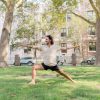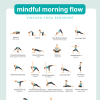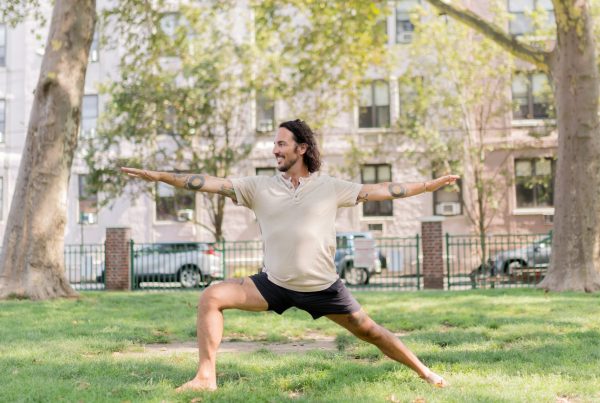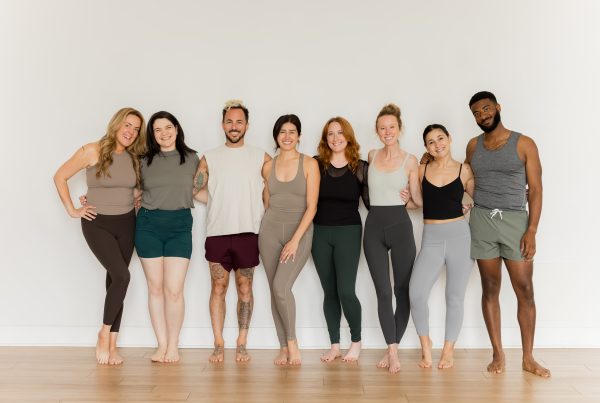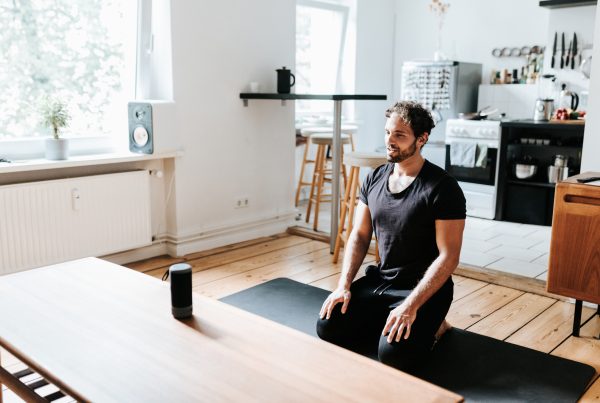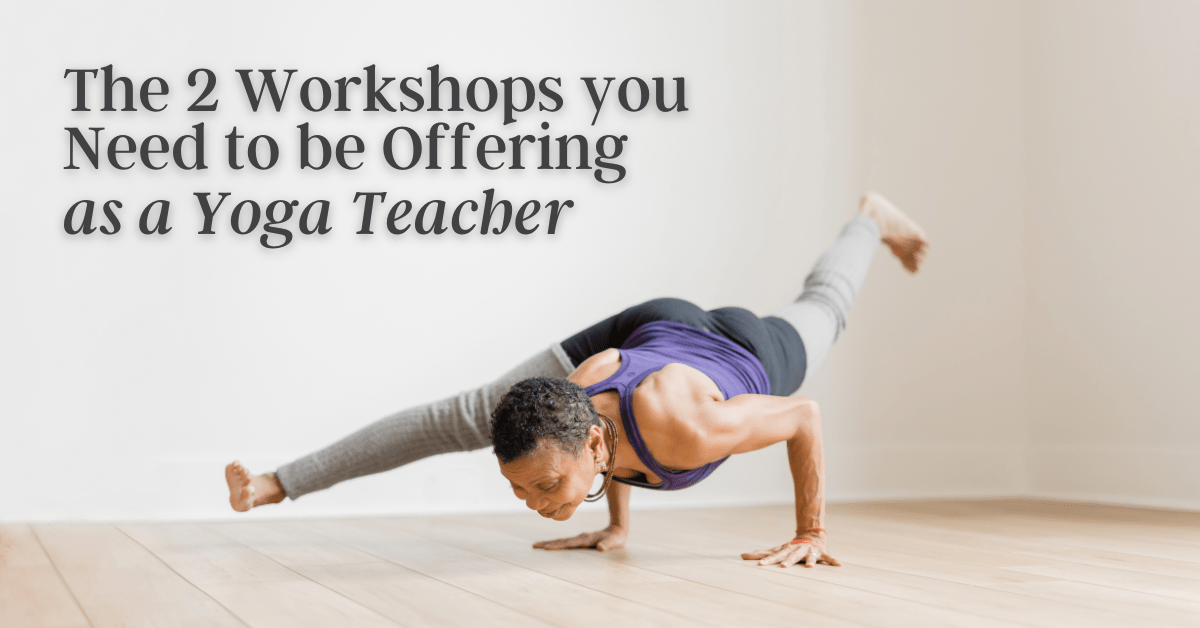
Workshops are an excellent way to offer students what I like to call “a concentrated learning experience.” Workshops allow you to expand on topics which you may not have time for or that may not be appropriate for a 60-75 minute open level class. How to choose what workshops to offer is entirely up to you and the studio(s) you work for. Think about the topics which you are interested in and that you have the ability to teach well (don’t teach something you don’t know anything or even a little about). What is your speciality? Think about the topics which the community members would be interested to learn and who would benefit from a deep dive of the offering.
Workshop Topics: Finding What to Offer
Think about the topics which you are interested in and that you have the ability to teach well (don’t teach something you don’t know anything or even a little about). What is your speciality? Think about the topics which the community members would be interested to learn and who would benefit from a deep dive of the offering. If nothing is landing on you right away, avoid rushing it or forcing it. Offering a workshop should feel completely aligned so that you can lead with intention, confidence, and authenticity.
Consider Which Workshops are Trending
When offering concentrated learning experiences, you can also look to the trends to see what people are interested in macroscopically. I’ll include this as well, do not overlook your knowledge in lieu of what is trending. Meaning, do not offer something only because it is trending if you do not have the interest, skill set, or personal practice of the trending topic. Now, if you do have the interest, skill set, and the trending topics are part of your personal practice, absolutely consider offering this as a workshop to students! Read on to see what may resonate in terms of workshop offerings right NOW…
1. Breathwork
Breathwork has gotten a lot of attention recently and for excellent reason. It is the one of the only physical mechanisms we can alter in order to affect our energetic state. Breathwork is powerful when done correctly allowing you to fully step into yourself and access deeper layers of consciousness. When consistently done incorrectly, the full benefits may not be experienced, it may be ineffective, or even detrimental. Furthermore, people may be fearful of doing breathwork on their own if they don’t know how to do breathwork, or if they don’t feel confident practicing unsupervised. Deep emotions may rise to the surface, uncomfortable physical sensations may be felt, thoughts may be revealed whether good or bad…all of which a teacher can help with and community members can be supportive of.
Scroll to the end of this article for a breathwork challenge led by Katie Healy, YogaRenew’s Certified Breathwork + Reiki Practitioner!
2. Arm Balances and Inversions
I always think it’s a good idea to offer a workshop on arm balances and inversions. In my experience, these types of postures are frequently offered in typical yoga classes, but there isn’t much emphasis on the direction for how to get into these postures in detail – it’s usually a quick demonstration in between a 60 minute vinyasa class. Offering a full workshop on them allows you to really dissect the pose, in detail, and with variations on how to offer the pose in different ways (whether with support or additional prop education).
Sometimes students think to themselves, “I just can’t do it,” but really it’s because they haven’t learned how to do it. In an open level class, especially during prime times, there can be little wall space available. Wall space is imperative for an inversion practice!
All in all, when you have the ability to dive deeper into the alignment principles of these more challenging poses, you open up the doorway to a deeper learning experience. This makes the journey towards these considerably complex postures a process of true self-awareness and growth.
I’ve developed both a handstand workshop and forearm workshop for those looking to dive deeper into these poses. These were poses I not only felt connected to physically, but I realized I loved being able to teach people about them. Technically any pose where the heart is over the head is considered an inversion and an arm balance is, well, where you’re using your arms to provide balance or stability in a pose as opposed to your feet.
The Right Workshops for You (& Your Students)!
Leading workshops are special and fun opportunities, not to mention a great way to bring in more income from teaching yoga. It is a skill to create and execute a workshop… especially ones that your students love!
If you are interested in creating a workshop and have a topic in mind that you feel passionate about and eager to share, just start putting it together. What you practice yourself, you get better at, and once you’ve mastered something and have the passion and drive to share it with others, that’s when it becomes inspiring.
I hope this article helped you visualize what you’d like to offer and once you do, know that you are the main vehicle for bringing the vision into fruition. Love and Light! -Mel



